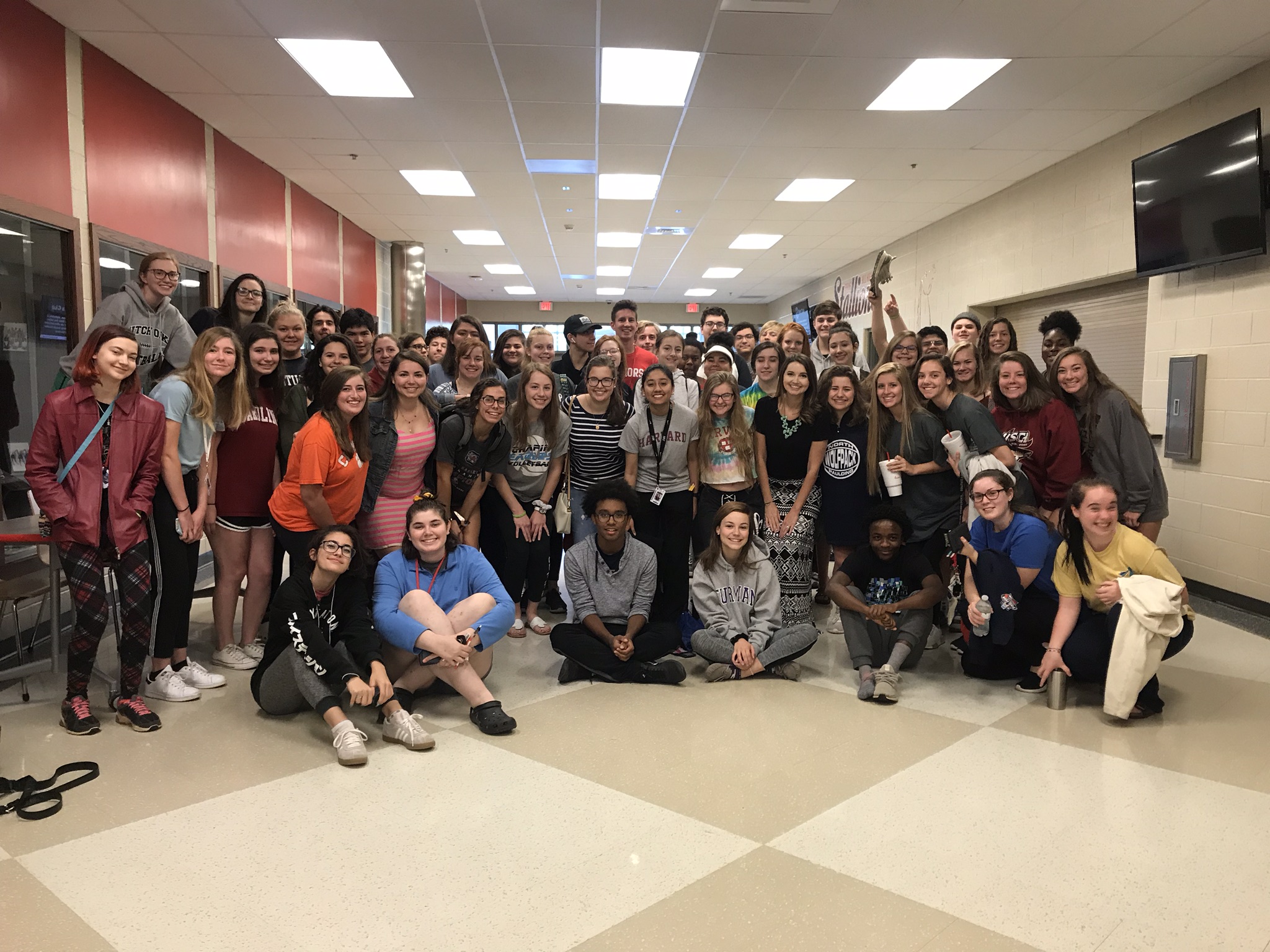“What is my purpose?” This is a question I seem to ask myself frequently, and if you are honest with yourself, I’m willing to bet it is a question you’ve often found yourself asking as well. While my answer is consistent, the certainty of that answer seems to change throughout the seasons. My purpose is to teach. This may seem simple, but keep reading.
I’ve come to learn that there are three types of educators in any building. The first type I call the “professor.” This person has an expert knowledge of his/her content and is an expert in the field. There is no doubt that the students in his/her classroom are going to be exposed to a high level of advanced content that will prepare them for future endeavors. However, this person struggles with making connections with the students. We have all heard the saying, “kids don’t learn from people they don’t like.” I would like to amend that saying to, “kids don’t learn from people they can’t connect with.” Can they memorize information? Yes. Can they regurgitate that information on a test? Yes. But can they truly learn and connect the content to other areas. I don’t believe so.
The second type of person is the “mentor” who is easily identified in the building due to the constant stream of students in and out of their classroom during non-classroom time. The adult is the “go-to” for advice; students love his/her classroom because of the connections made with the students and the comforting atmosphere. While the connection to students is made, the connection to content is missing. If you walk into his/her classroom, you will see engagement but the depth of content is missing. While making connections to students is vital to our profession, we can’t forget to use our platform to encourage real learning that can transcend the four walls of our classroom and be applied to other scenarios.
The third type of individual is the “teacher.” This is the person that not only has an expert level of content knowledge but can relay this information to students in the form of true learning because of the connection he/she has made with the students. Because teachers are constant learners themselves, they are able to develop lessons tailored to his/her students’ interests. When you walk into a teacher’s classroom, every day is different. The students are engaged in student-centered learning and the teacher is not the center of the classroom. Students are able to make interdisciplinary connections and ask questions that lead to self-directed discoveries. This is a classroom that every student deserves.
When reading this article, you probably pictured someone in each of the categories. Be honest, where did you fit? Were you the professor, mentor or teacher? If you weren’t a “teacher”, what can you do to navigate into that lane? If you are a coaching teacher, what can you do to make sure your induction and student teachers start their careers in education as teachers?
My pedagogy is founded in purpose. During my tenure and teaching experiences, I have come to firmly believe that purpose is the root of successful and effective teaching. In my experiences in high school and alternative school settings, I have learned that everything begins with purpose. The students establish a relationship with a teacher based on the teacher’s purpose for being in their classroom. The education process begins with purpose; students constantly question the purpose of content material and learning objectives. Finally, the educational experience ends with purpose; the students and teacher alike must reflect on the purpose of what he or she has learned and how to transfer learning to real world applications.
My purpose is to teach, every day to every student. What is your purpose?
